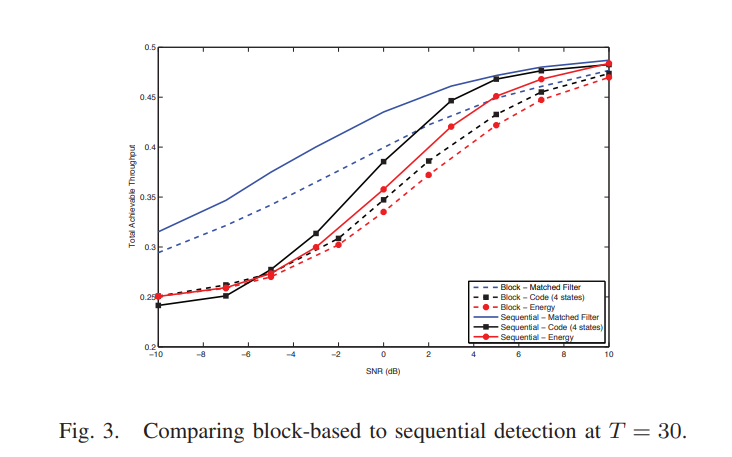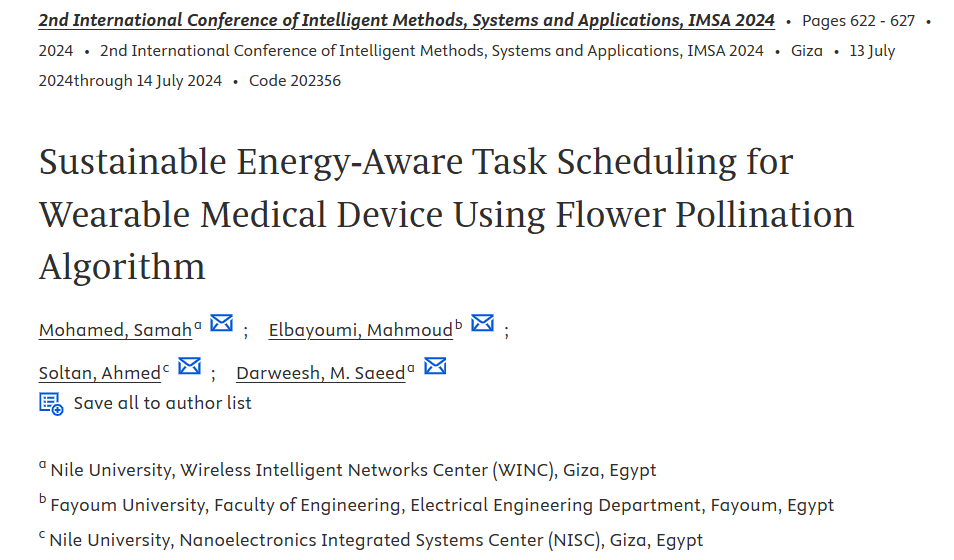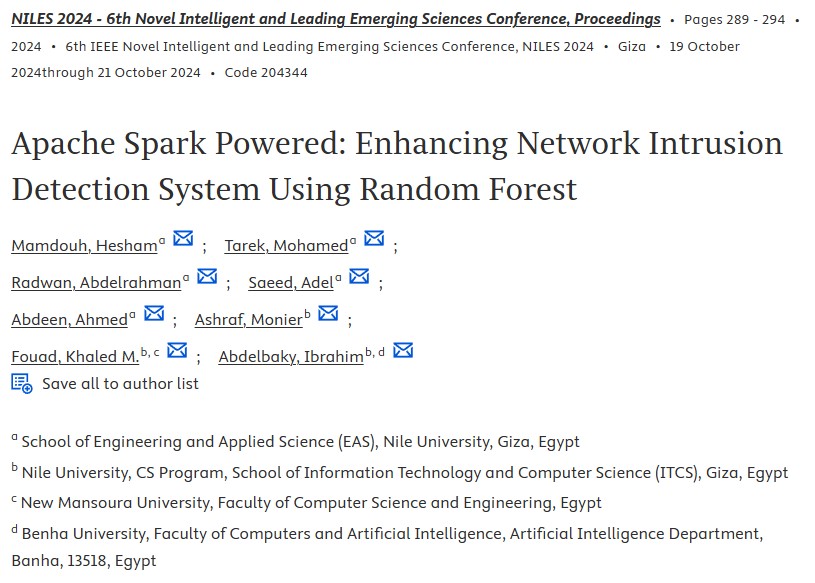
On the utility of primary side information in cognitive sensing
In this paper, we study the impact of the knowledge of primary side information on the efficiency of spectrum sensing for cognitive radio networks. In particular, assuming that the secondary transmitter knows the modulation and/or coding scheme used in the primary transmissions, we evaluate the efficiency of spectrum sensing in terms of maximizing the overall achievable throughput of the system. We present the results for both block-based and sequential detection techniques. We show that in sequential detection, and when the cognitive transmitter has knowledge of the primary codebook, the detection threshold should be adaptive based on the previous observations. Our results show the gains achieved over energy based techniques. © 2011 IEEE.




